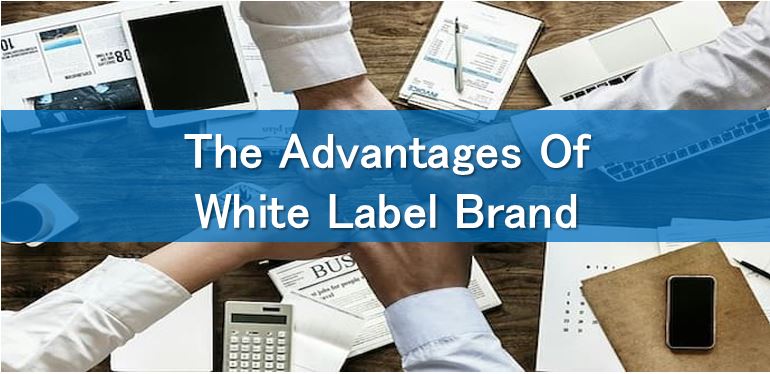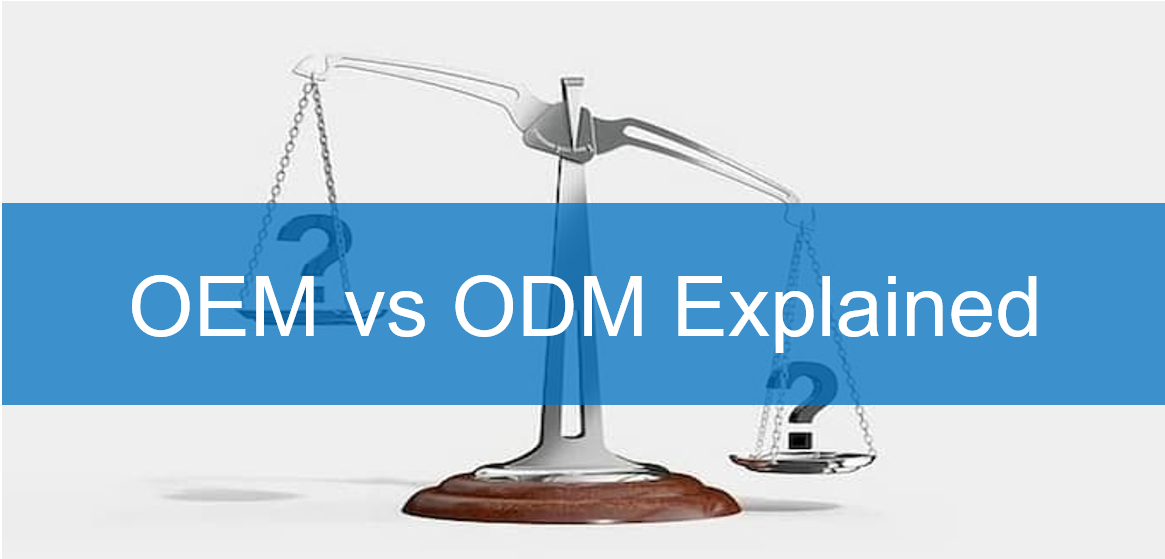
- HOME
- Cosmetic OEM Lab
I want to know about hyaluronic acid for skin care
Is hyaluronic acid for skin care expensive?
Is there are any alternative ingredients for hyaluronic acid skin care
The term “white label” has become increasingly common in recent years for several reasons such as
e-commerce, increased competition, cost savings, and brand building opportunities, etc.
Therefore today’s article, let me explain the definition and some differences between white label and private label and some tips to start your white label brand.
Let’s get started.
Contents

When it comes to branding, there are many different options to choose from. Two of the most common are white label brands and private label brands. So, what is the difference between them? And which one is right for your business? In this blog post, we will explore the differences between white label and private label brands and help you decide which option is best for you.
White label is a branding strategy where manufacturers or suppliers produce products without any branding or designation of origin. Instead, the product is simply labelled with a name, logo and/or design chosen by the retailer or distributor. White labelling allows retailers to customize their products and differentiate them from competitors, creating an exclusive brand identity for customers. It also allows retailers to purchase products without the hassle of creating a unique identity or branding.
White labelling is a method of mass-producing generic products and distributing them to multiple retailers. On the other hand, private label brands are products that are produced by one manufacturer and sold exclusively under a single company’s brand. This gives retailers more control over the quality of their products. They can also leverage their own unique branding to distinguish their products from competitors and create an exclusive identity for customers.
The decision to choose between white label and private label brands depends on the goals of your business. If you are looking for a quick and easy way to get your products into the market, then white labelling is the way to go. It requires less investment and provides greater flexibility in terms of branding and product customization. On the other hand, if you are looking for a more dedicated and customized approach to product manufacturing, then private labelling is the way to go. Private labels allow you to take full control of your brand identity and create an exclusive experience for customers.
No matter which approaches you choose, it is important to ensure that your products meet the highest quality standards and provide customers with a unique experience.

In this section, let me share some advantages of doing white label brand.
When it comes to production costs, white labelling is often much more affordable than creating a unique brand identity. By leveraging existing manufacturing and packaging processes, companies can significantly reduce their upfront investment and production costs.
White labelling helps companies quickly and easily expand their product offering. By sourcing products from multiple manufacturers, retailers can increase their range of products without having to invest in additional manufacturing processes or create a unique branding.
White labelling allows companies to test new products in the market with lower risk. By leveraging existing product lines, retailers can gauge consumer interest and demand with relatively low financial commitment and risk.
White labelling limits a company’s ability to control the quality and consistency of its products. As the supplier is responsible for producing the products, retailers have less control over the production process and cannot guarantee that their customers will get consistent quality. Additionally, white labelling can lead to brand confusion as multiple companies are selling the same products under different names. This can make it difficult for customers to differentiate between companies and may lead to lower customer loyalty.
Finally, white labelling requires companies to be dependent on their suppliers for product quality and delivery timelines. If the supplier fails to deliver on time or produce high-quality products, this could lead to delays in production and dissatisfied customers.

Before you start your own business, it is important to check these things to avoid failed.
Before you start a white label business, it’s important to research the market and decide which products you will be selling under your brand. Consider factors such as price, quality, demand, potential competitors and customer preferences when deciding on a product line.
Once you’ve decided on a product line, you need to find a reliable manufacturer. Look for manufacturers who specialize in the type of products you want to sell and make sure they can meet your quality standards and production requirements.
Creating a unique brand identity is essential for successful white labelling. Develop a concept that resonates with your target audience and choose a name, logo and design that best reflects your brand’s mission and values. You should also decide on the packaging materials you will use to ensure that products are well-presented when delivered to customers.
Ultimately, the choice between white label and private label brands comes down to your business needs. Each option has its own set of advantages and disadvantages, so it’s important to weigh these carefully before making a decision. With the right strategy, either option can be an effective way to build your brand identity and create an exclusive product offering for customers.
By understanding the differences between white label and private label brands, researching the market and choosing a reliable manufacturer, you will be well-equipped to launch your own successful white label business. With the right approach, it can help you increase profits, reach more customers and create an enduring brand identity in no time.


OEM vs ODM Explained
2026.1.24
For further information, please contact us.